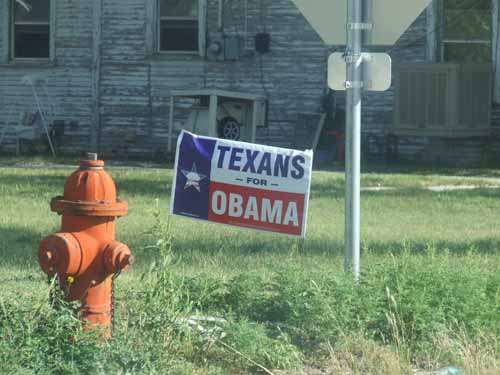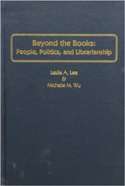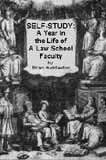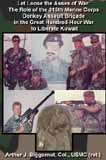

The entire city got a nice dusting, though at most it accumulated an inch, but it was beautiful and, according to the weather service folks, only the 17th time since 1850 that the city had a measurable amount of snow. St. Charles Avenue looked beautiful:

and, as you can see, the streetcars were getting stacked up because the tracks were blocked by everyone out taking pictures of them.
The Latter Branch of the public library was only one of the many mansions along St. Charles that evoked Currier and Ives:

I had to force myself to go into work but when I got there it soon stopped snowing. But for a while, it was a gorgeous magical morning.
Full blog post...










